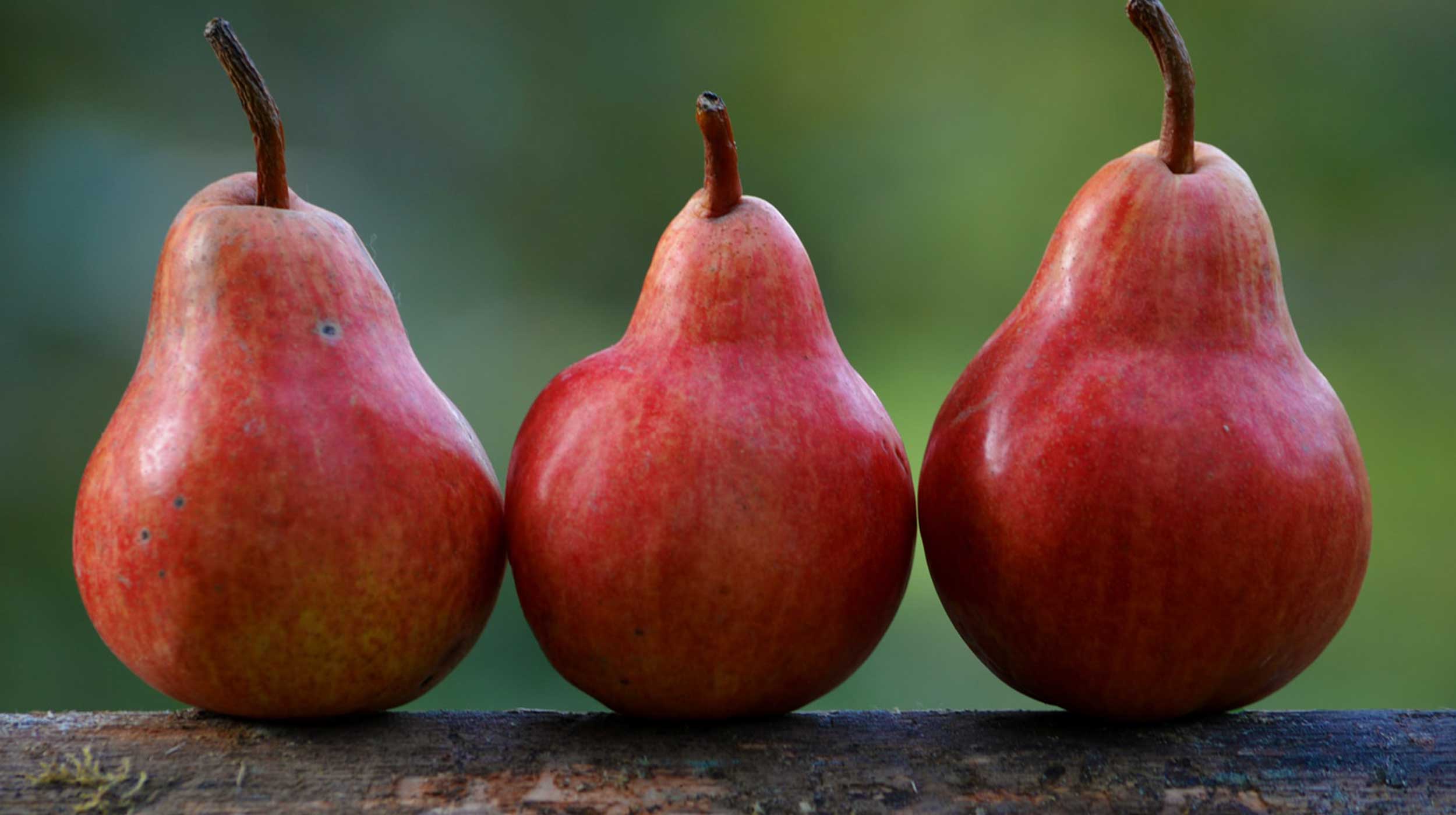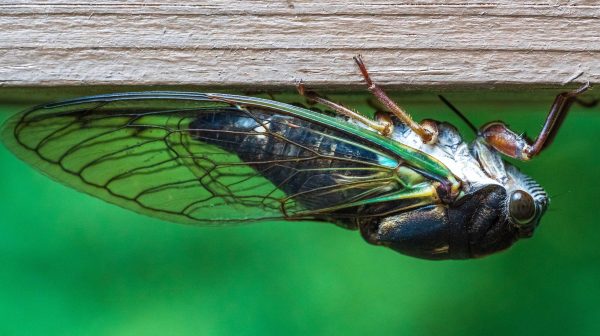The advertising industry has never been shy about making money off body-shaming. “Are you beach-body ready?” asks an ad for Protein World featuring a slim model in a yellow bikini. Another—this one for a fitness gym—pairs a pear with the headline, “This is no shape for a girl.”
As our consciousness rises, ads like these are on the decline, but they still show up from time to time—in print and online, in subway cars and on highway billboards. One place you won’t see them is Pinterest, which has long vetoed content pushing liposuction, slimming gels, appetite-crushing diet pills and, most importantly, body-shaming language or imagery. True, Instagram and Facebook have similar policies, and Planet Fitness’s “Judgement Free Zone” policy dates back to the early 1990s. But Pinterest went a big step further this past July 1 and banned all weight-loss messaging and advertising from its platform—the first and only social media service to do so.
You’ll find no before-and-after weight-loss pictures on Pinterest, no ads for seven-day miracle diets or fat-burning protein shakes, nothing about calories, Body Mass Index or low-carb meals. If you’re desperate for a way to shed 10 pounds in time for your upcoming Cabo getaway or your brother’s wedding, you won’t find it, or anything remotely like it, on Pinterest. The big diet brands are gone too—Noom, Atkins, Jenny Craig, WW (nee Weight Watchers).
As we’ve noted before in this space, the pandemic has triggered a snacking boom in the U.S., adding a second, jokey meaning to “the COVID 19.” But the reality, says Sarah Brommer, Pinterest’s head of policy, is that many people are now facing real challenges related to body image and mental health, particularly as we begin to emerge from the pandemic and move deep into summer. “Many are now feeling added pressure as they look to rejoin their social circles in person for the first time in 15 months,” she adds.
Body shaming is not new, nor is it based solely on weight loss. A Google image search yields a surfeit of ads—some recent, some dating back a century or more—telling you that you’re too thin, too short, too bald, or even too dark-skinned, and that it’s probably your fault. But despair not: our product will fix the problem and make you a better person.
To be sure, nowhere does Pinterest suggest that we throw caution to the winds and eat ourselves into oblivion, or that obesity and eating disorders are not major health concerns. Nor will the company block ads that promote healthy lifestyles or fitness services.
But as the world becomes more sensitized to body-shaming in all its toxic forms, the branding of diet culture has in some way outlived its relevance. “We’re empowering Pinners to plan for a summer and beyond without weight loss ads,” says Pinterest’s Brommer. “That way they can focus on what matters most.”




